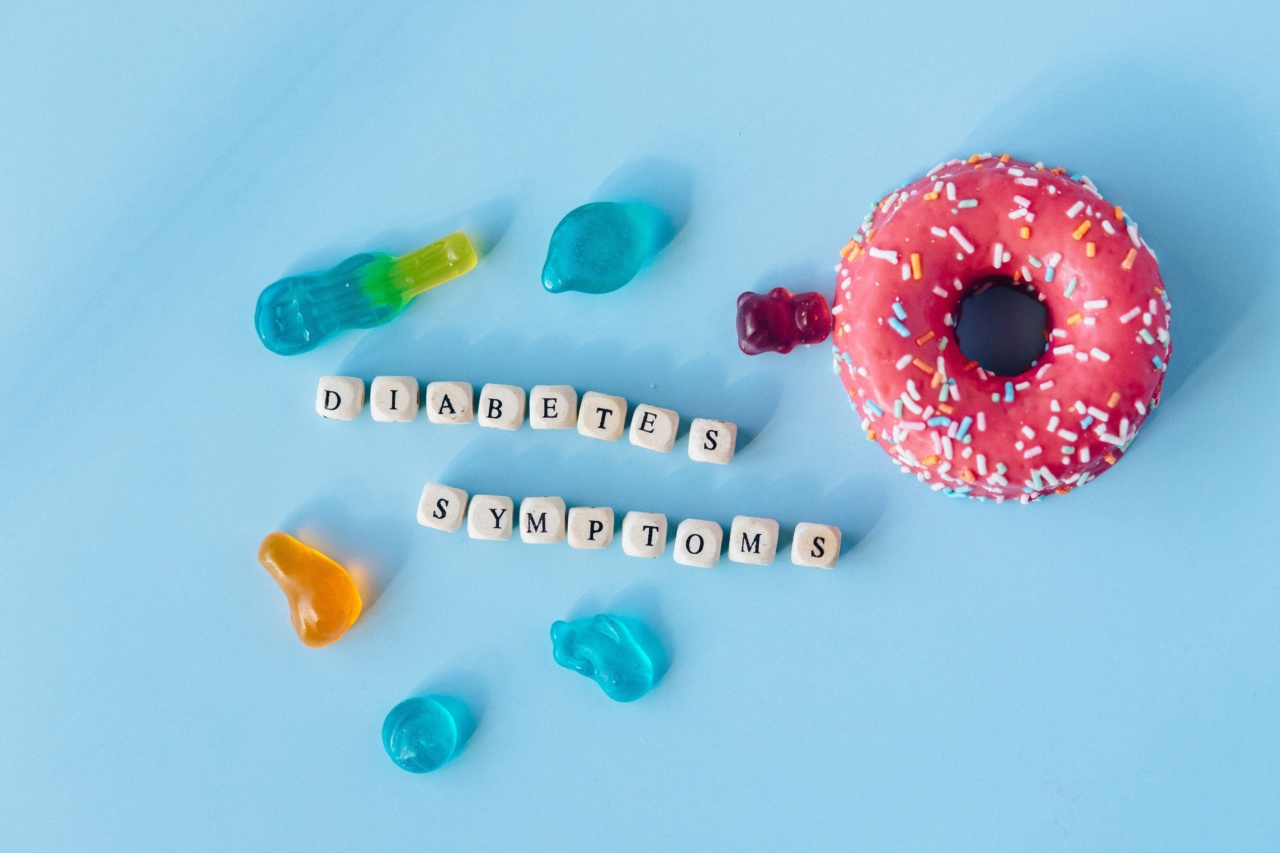Psychosomatic symptoms are physical symptoms that are typically caused by emotional stress and anxiety. These symptoms can vary from mild to severe and can include headaches, fatigue, stomach pains, and muscle tension.
While these symptoms can be very uncomfortable, the good news is that there are many ways to relieve them, including through the use of food. Here are some tips on how to use food to relieve psychosomatic symptoms.
1. Eat a Healthy, Balanced Diet
The first step in relieving psychosomatic symptoms with food is to eat a healthy, balanced diet. This means eating plenty of fruits, vegetables, whole grains, lean proteins, and healthy fats.
These foods provide the nutrients your body needs to function properly and can help to reduce inflammation and stress in the body.
2. Increase Your Intake of Magnesium-Rich Foods
Magnesium is an important mineral that plays a role in many bodily processes, including muscle relaxation, nerve function, and the regulation of stress hormones.
Research suggests that increasing your intake of magnesium-rich foods may help to reduce symptoms of anxiety and depression. Some good sources of magnesium include leafy green vegetables, nuts, seeds, and whole grains.
3. Include Probiotic-Rich Foods in Your Diet
Probiotics are beneficial bacteria that live in your gut and play a role in digestion, immune function, and mood regulation. Research suggests that probiotics may help to reduce symptoms of anxiety and depression.
Some good sources of probiotics include yogurt, kefir, sauerkraut, and kimchi.
4. Reduce Your Intake of Processed Foods and Sugar
Processed foods and sugar can contribute to inflammation in the body and may exacerbate symptoms of anxiety and depression. Try to limit your intake of these foods and instead focus on whole, unprocessed foods.
5. Drink Plenty of Water
Dehydration can contribute to feelings of fatigue and anxiety. Be sure to drink plenty of water throughout the day to stay hydrated and help your body function properly.
6. Practice Mindful Eating
Mindful eating involves paying attention to your food and eating habits, without judgment. This can help you to be more aware of how your body responds to different foods and can help you to make more mindful food choices.
To practice mindful eating, try to eat slowly and pay attention to the flavors and textures of your food.
7. Consider Supplements
In addition to getting nutrients from food, some people may benefit from taking supplements to help relieve psychosomatic symptoms.
Some supplements that may be helpful include omega-3 fatty acids, B-complex vitamins, and adaptogenic herbs like ashwagandha and rhodiola.
8. Talk to a Professional
If you are experiencing severe or persistent psychosomatic symptoms, it is important to talk to a healthcare professional.
They can help you to identify the underlying cause of your symptoms and may recommend additional lifestyle changes or treatments to help you feel better.
9. Be Aware of Food Triggers
Some people may have food sensitivities or intolerances that can contribute to psychosomatic symptoms. If you suspect that certain foods may be triggering your symptoms, try keeping a food diary to track your symptoms and identify potential triggers.
Common food triggers include gluten, dairy, and sugar.
10. Incorporate Stress-Reducing Foods
Finally, try incorporating stress-reducing foods into your diet. Some good options include chamomile tea, dark chocolate, and foods high in antioxidants, like berries and leafy greens.





























